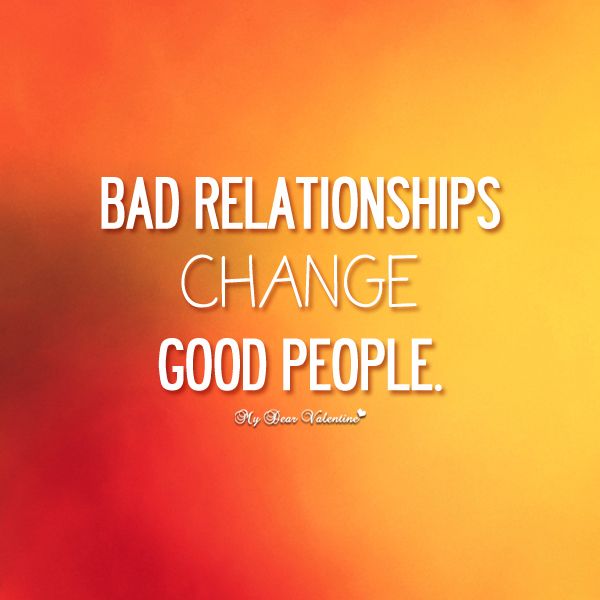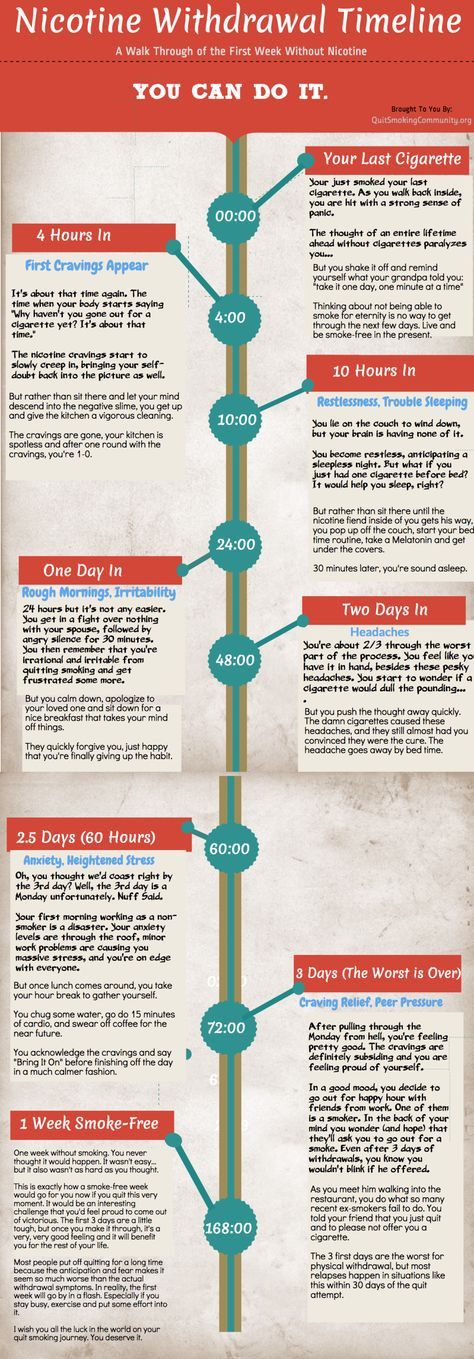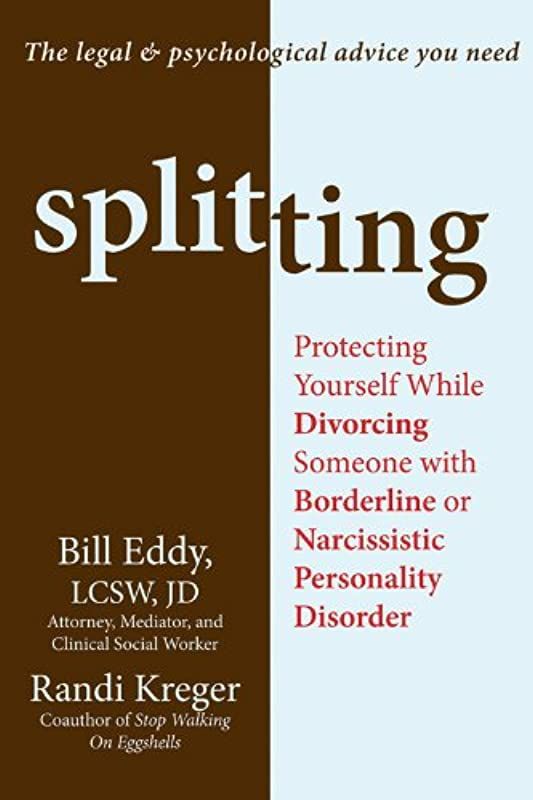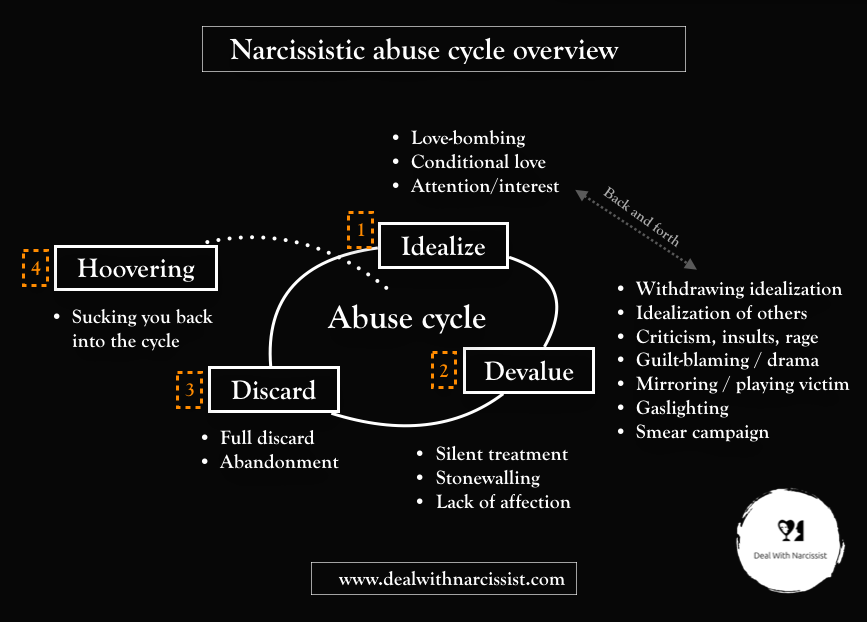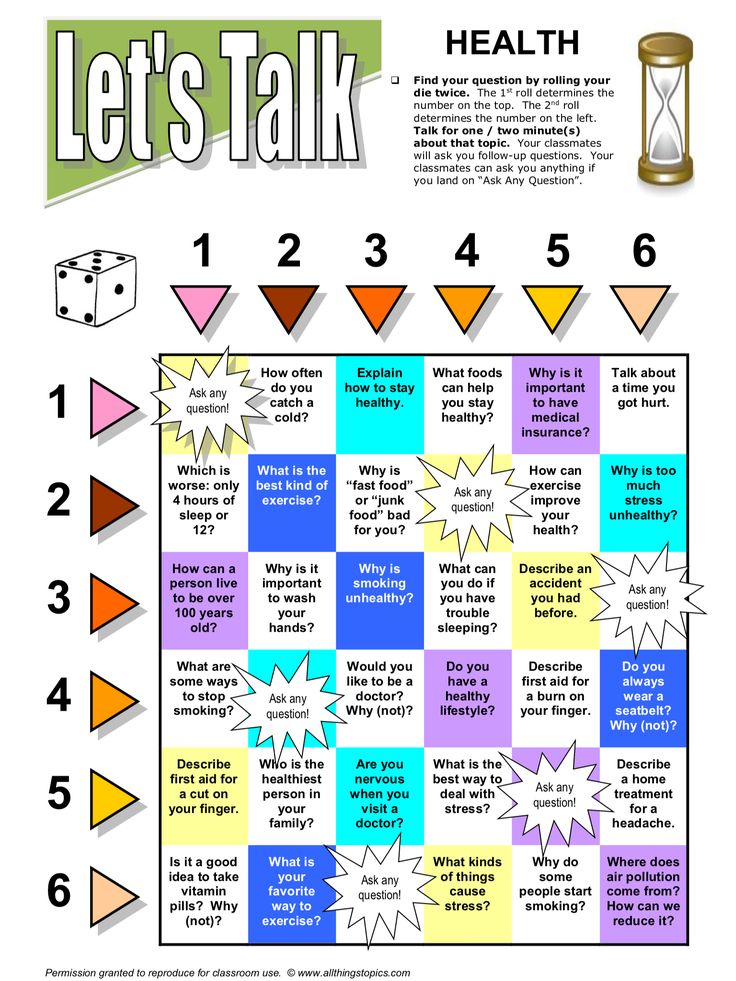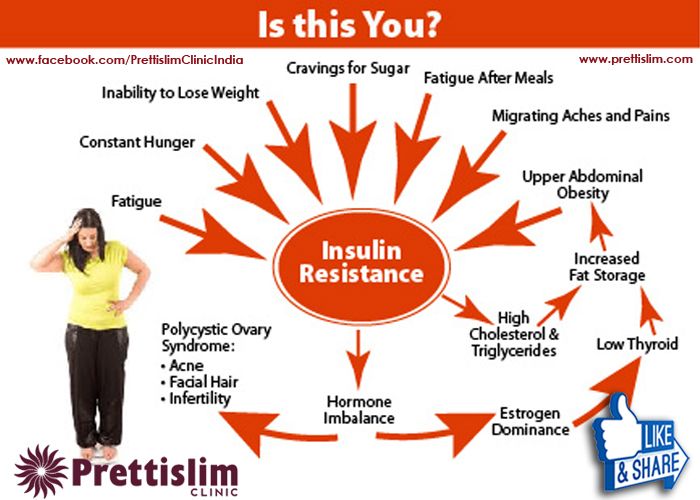Changing in relationships
Relationship Changes: Why They Happen and What to Do
Relationships naturally change as they grow and develop. Dealing with changes starts with understanding your partner and learning ways to manage differences.
Navigating relationships with intimate partners, friends, and family members is probably one of the most challenging and complex aspects of the human experience.
Although it’s natural for change to happen in a relationship, sometimes it can be difficult for one or both partners to understand why and what to do about it.
The resulting frustration and conflict may make you feel like your relationship issues are impossible to overcome. The good news is, if you spend some time understanding the root causes of relationship change, you can learn ways to work through it together.
Relationships, especially intimate ones, go through several stages as they develop. While this is happening, you and your partner may also experience stressful life events, such as health issues, financial difficulties, and conflict with friends or family members.
Sometimes life events are exciting — like moving to a new location or getting a new job. But even positive stressors can cause relationship problems.
According to research in 2017, stressors can negatively affect relationship satisfaction, whether the stress comes from within the relationship or from outside.
Some changes that occur in relationships are more impactful than others. For example, big changes may include:
- One of you no longer wants to have children.
- Your partner wants to live somewhere you don’t.
- Your significant other realizes they aren’t monogamous, identifies as another gender, or no longer has the same sexual preferences you do.
- Your partner experiences a new physical or mental health condition.
However, sometimes seemingly minor changes can cause a shift in relationships. These include:
- Your partner joins the gym or starts a new hobby.
- One of you makes a new friend.
- You or your partner’s work schedule changes.

- Annoying habits begin to surface for the first time.
Many of these changes simply result from the natural stages a relationship goes through as it evolves. So, it might help to understand what these stages are, and how you might feel as you navigate them.
In general, there are five commonly accepted stages a relationship may go through as it’s progressing.
1. The infatuation or “honeymoon” stage
Intoxicating and all-encompassing, this is the early phase of a relationship when you can’t seem to get enough of each other.
Although the feeling is blissful, this stage is also where both people are on their best behavior — so it may be difficult to see any negative traits in the other. It’s perhaps where the term “blinded by love” originated.
2. The coming together stage
In this stage, you both realize your love for each other and begin to merge your lives. You may announce your partnership to others by posting it on social media and begin to discuss long-term life goals such as marriage or cohabitation.
Here’s where small changes begin to pop up that may mean you and your partner are heading into the next phase of the relationship.
3. The power struggle or disillusionment stage
This stage is hallmarked by natural changes that can be difficult to navigate.
What once was endearing in your mate can become irritating. Differences in values and life goals become apparent, and the love blindness experienced in the infatuation stage is now replaced with 20/20 vision.
Here’s where most couples may begin to doubt everything about the relationship and even question whether it should continue.
4. The commitment stage
Once the rocky road typically endured in the last stage has faded, your relationship may enter a phase of understanding and mutual respect.
You both realize you can’t change the other and also begin to accept your differences. Of course, this stage isn’t immune to challenges brought on by life stressors, but you and your partner are now better equipped to handle them as they appear.
5. The co-creation stage
As time goes on and your relationship has weathered a few storms, a sense of collaboration takes over. As a dedicated team, you and your partner understand each other and begin to take on the world together.
This stage isn’t without its challenges. However, a 2014 study investigating couple longevity suggests couples are less likely to break up the longer they’ve been together.
It’s not necessarily a bad thing when a relationship changes — depending on how you or your partner handle it.
Sometimes changes are good, like getting a new job or making healthy lifestyle choices like joining a gym.
Despite being a positive change, you can have a hard time adapting to any type of change.
For instance, your partner’s promotion at work may be inherently a welcomed change, but it also comes with long work hours. If you or your partner are having a hard time with this new schedule, it can cause strain in the relationship.
Some changes, however, aren’t always good.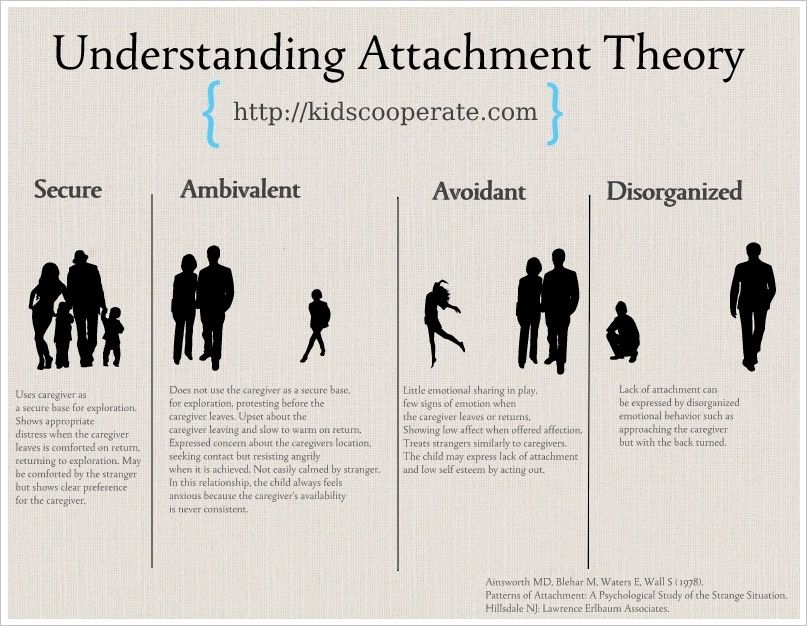
For example, suppose your partner was loving and attentive at the beginning of the relationship but, over time, becomes abusive. This negative change can affect the relationship at its core.
If your partner has changed in a way that causes you emotional or physical harm in any way, consider reevaluating your relationship to determine if it’s no longer a safe situation for you.
If you need help
For more information or immediate help, you can contact the National Domestic Violence Hotline online, or call or text “START” to 800-799-7233. This resource is completely confidential.
If something is suddenly different in your relationship — big or small — here are a few tips to help you navigate it successfully.
Investigate possible reasons for the change
Certain changes in you or your partner can be a sign that they’re developing a physical or mental health condition like depression. If you suspect this is the case, consider approaching them with empathy and asking if there’s something you can do to help.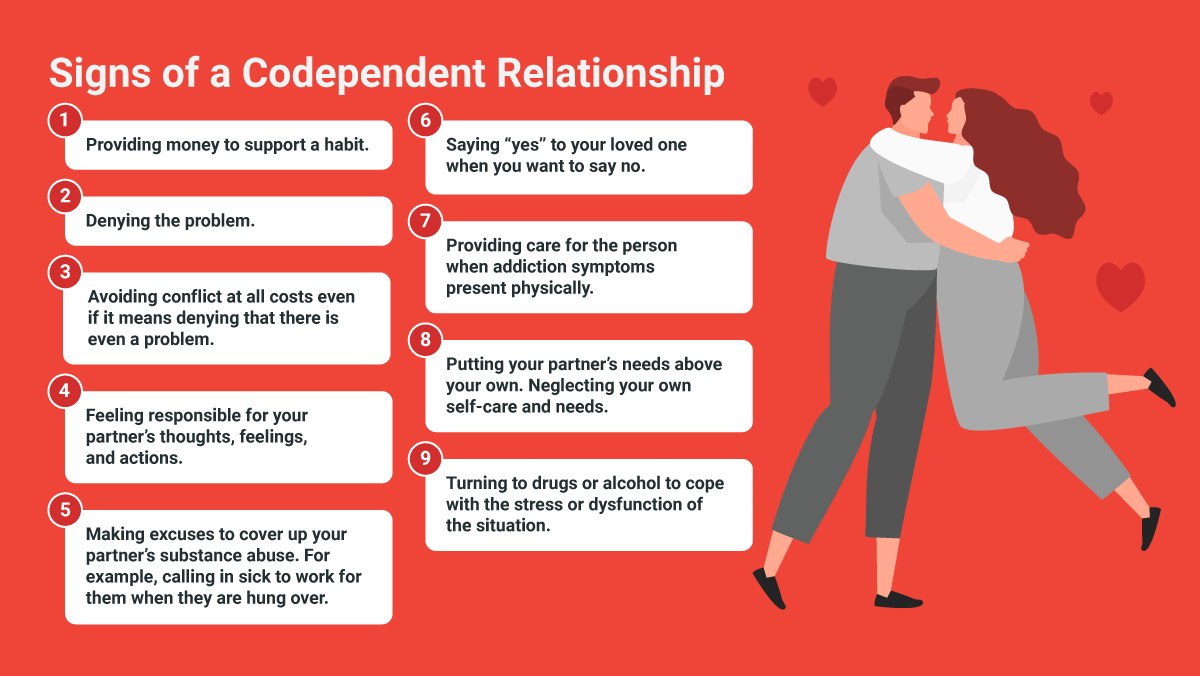
In other cases, your partner’s behavioral changes might not be a change at all. Instead, it may be something they’ve always done, but now — for whatever reason — it’s starting to irritate you.
In this case, consider doing some soul searching into if this is something you can accept. If it isn’t, you could try to communicate this with your partner to come up with a solution or compromise that works for both of you.
Zero in on the real problem
One way to deal with a partner that’s changed is to ask yourself: What is it exactly about this difference that bothers me? Once you pinpoint what that is, you can then communicate your concerns more effectively.
For example, instead of saying, “I hate this new friend you have,” you could explain to your partner: “I’m glad you found someone you like to hang out with, but I feel like we aren’t spending as much time together as I’d like.”
Communicate to understand
When something doesn’t quite feel right in a relationship, communication is the key to understanding the other partner’s perspective.
For big changes like a partner that suddenly doesn’t want to have children anymore, this could mean diving into possible reasons why.
For instance, maybe they really do want children, but they’re afraid they’ll be unable to support them financially. Once you understand the reasons behind this change, you can work together to ease their fears.
Realize when changes are deal breakers
If your partner has changed in a way that you know you’ll have a difficult time living with, or if they’re doing hurtful or abusive things, sometimes it’s necessary to end the relationship. And that’s OK.
Letting go of a relationship isn’t easy, but sometimes it’s the best solution for one or both partners.
Relationships with friends, family members, and even co-workers aren’t immune to changes either.
For instance, one of your friends might have recently entered a new relationship, while you remain single. This can change the dynamic of your friendship.
Handling this is much like dealing with change in a romantic relationship. Honest, open communication paired with empathy can help you adjust to the new norm.
Honest, open communication paired with empathy can help you adjust to the new norm.
Relationships are like living things — they grow and change with the seasons of life.
Embracing change and learning to adapt when expectations aren’t met can ensure your relationships continue to evolve the way it was meant to.
If you and your partner are having difficulties with changes — big or small — you could consider relationship therapy or marriage counseling. Many couples find that talking with a trained professional helps them adapt to changes, handle conflict, and provides the tools you need to cope.
5 Normal Ways Relationships Change Over Time & 4 Ways That Aren't Normal At All
Life
by Laken Howard
Shutterstock
No long-term relationship stays exactly the same over the years. As couples navigate the ups and downs of life together, they grow and evolve, both as individuals and as partners. Knowing how relationships can change over time — and recognizing which changes are normal and which are not — will help you to become more self-aware about your relationship.
Knowing how relationships can change over time — and recognizing which changes are normal and which are not — will help you to become more self-aware about your relationship.
"Over the course of a relationship, couples go through many different stages; from lust to trust," Sex and relationship therapist Shamyra Howard-Blackburn, LCSW, and owner of Conquest Counseling, tells Bustle. "As humans, we evolve. Our perspectives, values, and behaviors change over time which can affect our partners. People in relationships will experience many adjustments. The true test of dealing with change is how couples choose to address these changes and work through them. There are some changes that commonly occur, however, there are some not so common changes that can make or break a relationship."
If you and your long-term partner have managed to maintain a strong, healthy relationship in spite of life's challenges, then that's something to be proud of. Sadly, not every couple is meant to last forever, so it's important not to brush off any abnormal changes in your partner's behavior.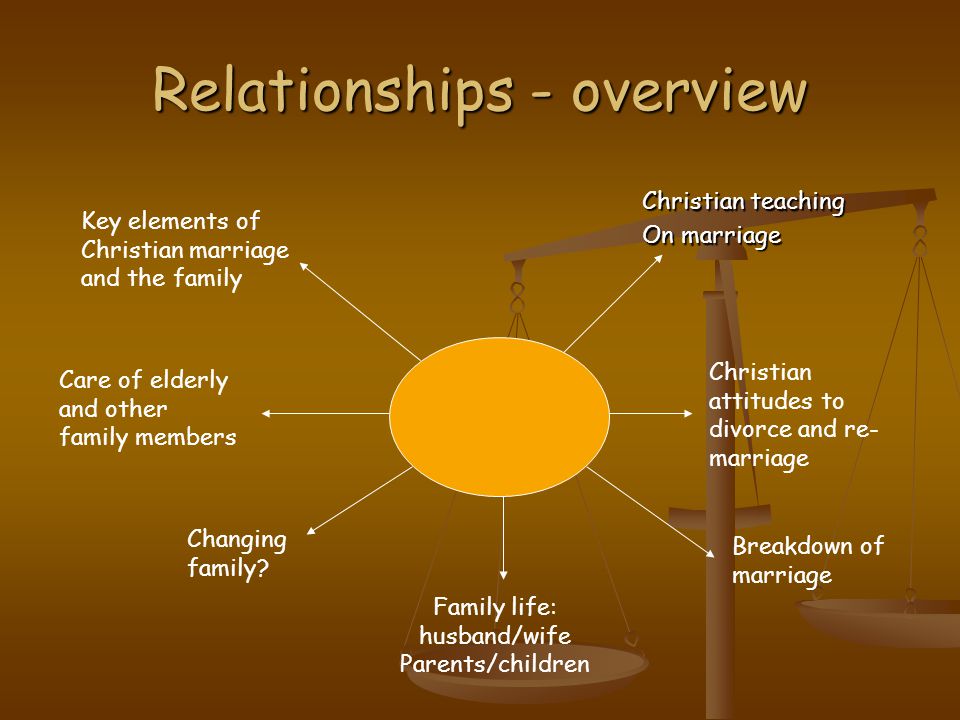 Here are nine ways that relationships can change over time — some are typical, but others are potential red flags to look out for.
Here are nine ways that relationships can change over time — some are typical, but others are potential red flags to look out for.
Normal: Changes In Your Libidos
Ashley Batz/Bustle
"Many couples, especially those in long-term relationships, report a change in desire at some point in the relationship," Howard-Blackburn says. Changes in libido are nothing to panic about, as long as you and your partner are both willing to communicate and work through the problem together.
"One person might be initiating sex more, while the other might like sex most in the mornings," Howard-Blackburn says. "Because of the different roles we transition into on a daily basis, sex stops becoming a priority. This is not a major alarm in some cases, thankfully, many couples are able to re-connect with the help of a sex therapist or counselor."
Normal: Changes In Sexual Interests
Ashley Batz/Bustle
As we get older and have new sexual experiences, our sexual likes and dislikes will change, too. If you or your partner develops a new sexual interest and shares it with you, that's a sign that your sex life is healthy and open.
If you or your partner develops a new sexual interest and shares it with you, that's a sign that your sex life is healthy and open.
"We're all evolving as we grow through life," Howard-Blackburn says. "Sexuality is fluid so it's not uncommon to gain new sexual interests as a relationship progresses. Some people find that they are no longer turned on by the same actions, and now require a different type of stimulation."
Abnormal: Abruptly Stopping Sexual Intimacy
Ashley Batz/Bustle
Although it's OK for your sex life to evolve over time, one thing that's a major red flag is if your sexual intimacy comes to a screeching halt — with no communication or acknowledgment whatsoever.
"Abruptly stopping sexual intimacy is another abnormal or uncommon change that requires attention," Howard-Blackburn says. "This is an indicator that there is some sort of disconnect in the relationship. It is recommended to seek help immediately in instances of abuse. "
"
Normal: Needing More Alone Time
Ashley Batz/Bustle
Healthy couples understand that it's crucial to have independence and alone time within a relationship. Over time, you might discover that you need more/less alone time than you did early on in the relationship, but that's not a bad thing at all.
"As you get to know your partner you don't need to be around them as much," Kimberly Hershenson, LMSW, tells Bustle. "There should still be quality time spent together but it's no longer necessary to want to spend every second together."
Abnormal: Loss Of Empathy
Fotolia
Even during stressful or difficult moments, partners in a loving relationship are always willing to listen to and empathize with their partner's feelings. If your partner has grown less empathetic and more impatient and careless where your feelings are concerned, that's a serious red flag.
"When one can no longer put their self in a position to understand their partner's feelings, the relationship is headed for disaster, or already over," Howard-Blackburn says.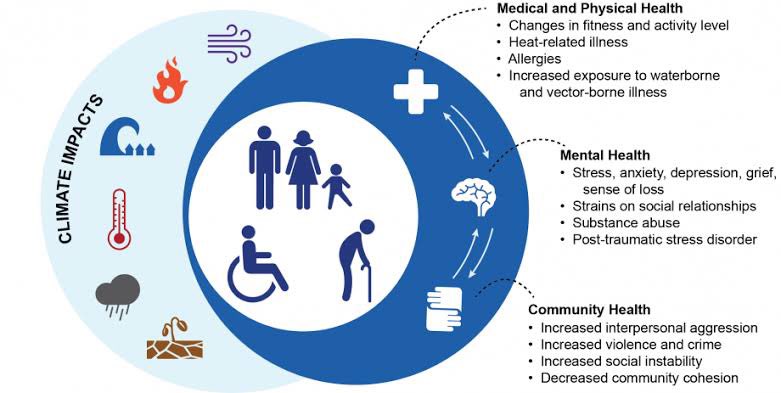
Normal: Going Through Rough Patches
Andrew Zaeh for Bustle
There are a lot of things that might cause a rough patch in your relationship: family issues, job loss, cheating, money struggles — the list goes on. If you're in a healthy partnership, you can work out disagreements and find solutions in a way that's fair, calm, and mature. Life isn't always fun and carefree, so don't be afraid to lean on your significant other and weather the storm together.
Abnormal: Becoming Abusive In Any Way
Ashley Batz/Bustle
Every long-term couple will go through periods of stress, tension, or even anger from time to time. But if you're in a healthy partnership, you will be able to work through those conflicts calmly and maturely, with neither of you crossing boundaries or becoming abusive to your partner.
"Another abnormal change in a relationship is if a partner becomes abusive," Howard-Blackburn says. "This includes sexual, verbal, financial, physical, emotional, and/or psychological abuse. Any type of abuse in a relationship is a red flag."
Any type of abuse in a relationship is a red flag."
Abnormal: Controlling Behavior
Andrew Zaeh for Bustle
Often, a controlling partner will attempt to disguise their controlling behavior by saying something like, 'I only do this because I care about you' — but it's important to be aware of what behavior is boundary-crossing and disrespectful.
"If you are told how to dress, reprimanded for your thoughts and opinions or are told who you can associate with, these are all huge red flags that you are in a toxic relationship," Hershenson says.
Normal: Getting New Hobbies/Friends
Fotolia
As you grow, it's only natural for your hobbies and friend groups to change as you develop new interests. Even if you and your partner used to share all the same hobbies, it's OK to branch out and explore your own things later in the relationship.
"Your hobbies and friendships may change over time," Stef Safran, Dating Expert and Matchmaker at Stef and the City, tells Bustle.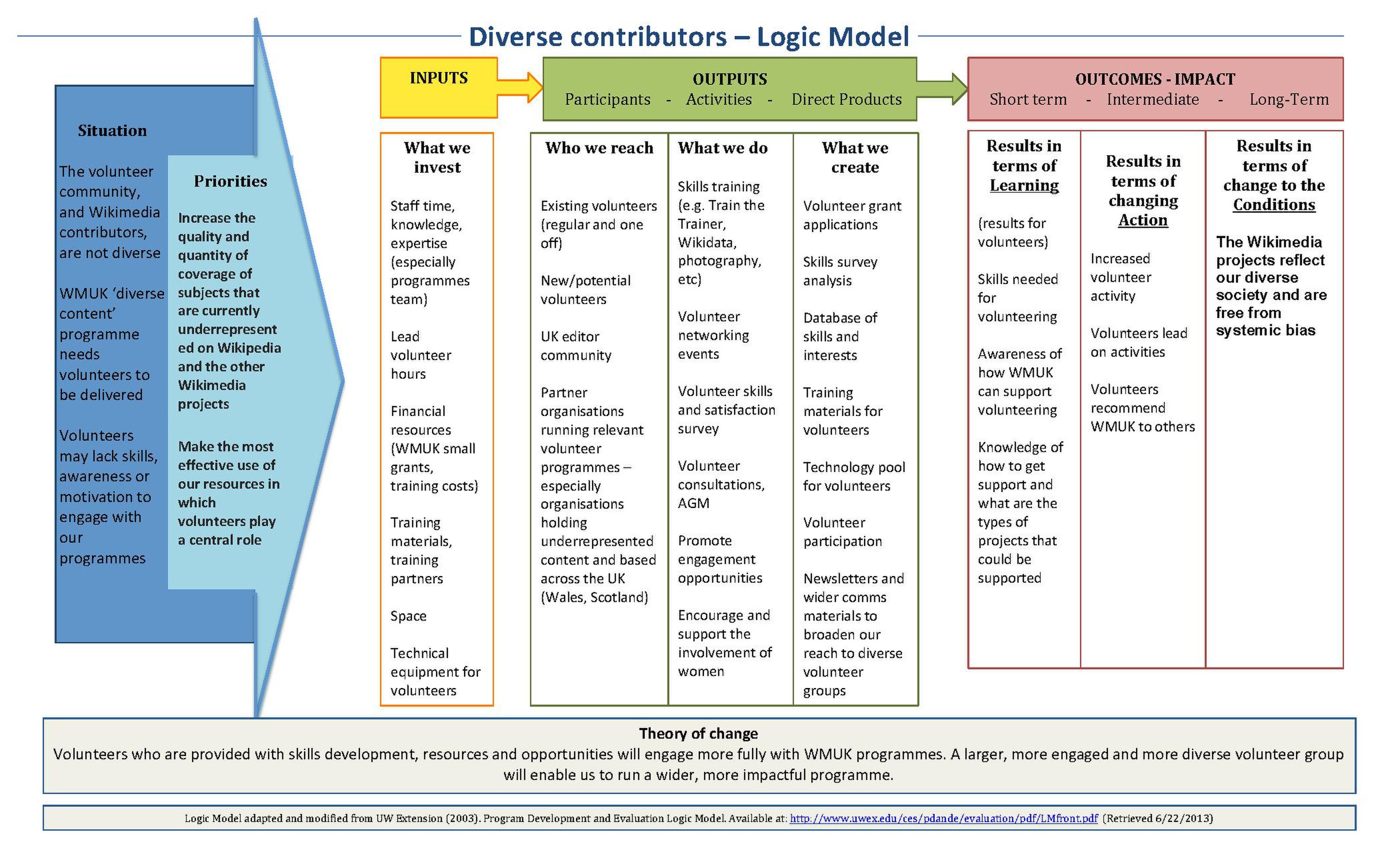 "Once you have kids or move you may find yourself finding new friends and new hobbies to go along with your lifestyle."
"Once you have kids or move you may find yourself finding new friends and new hobbies to go along with your lifestyle."
Why You Shouldn't Fear Change In A Relationship
If you're with someone long-term, it's natural and healthy to grow and change as a couple. It might seem scary to think that things won't always be the way they were when you first started dating, but as long as you and your partner are willing to embrace life's ups and downs as a team, there's no reason to fear your relationship changing. "Change is inevitable," Howard-Blackburn says. "Many times when a client mentions that their partner 'changed,' it often comes from a place of resentment. We spend a lot of time focusing on the negative aspects of change instead of embracing a different journey. Why? Simple! We like familiarity. It's safe, stable, and predictable."
It might not always feel totally within your comfort zone, but ultimately, experiencing new challenges and phases of life with your partner will only bring the two of you closer — which is what serious relationships are all about.
Psychologist told how to decide on changes in life - Moscow 24, 09/01/2022
September 01, 2022, 09:00
Society
Many people are convinced that life should flow in a certain order, so we must strive for stability. However, with this approach, at some point, the feeling of the present becomes insipid. This is a signal: it's time to change something. Anna Devyatka, a psychologist and Gestalt therapist, talks about how to listen to your desires and decide on changes.
Feelings don't lie
Photo: depositphotos/AndrewLozovyi
"I'm not who I should be - everyone sees it," Bernard shares his feelings sadly. He is the main character of a fashion series about the world of utopia, in which people are constantly happy because they take special pills that block negative emotions. But even these miracle capsules do not save the hero from feeling: he is not at ease. When Bernard admits that this feeling is real, he finds himself at the beginning of the adventure.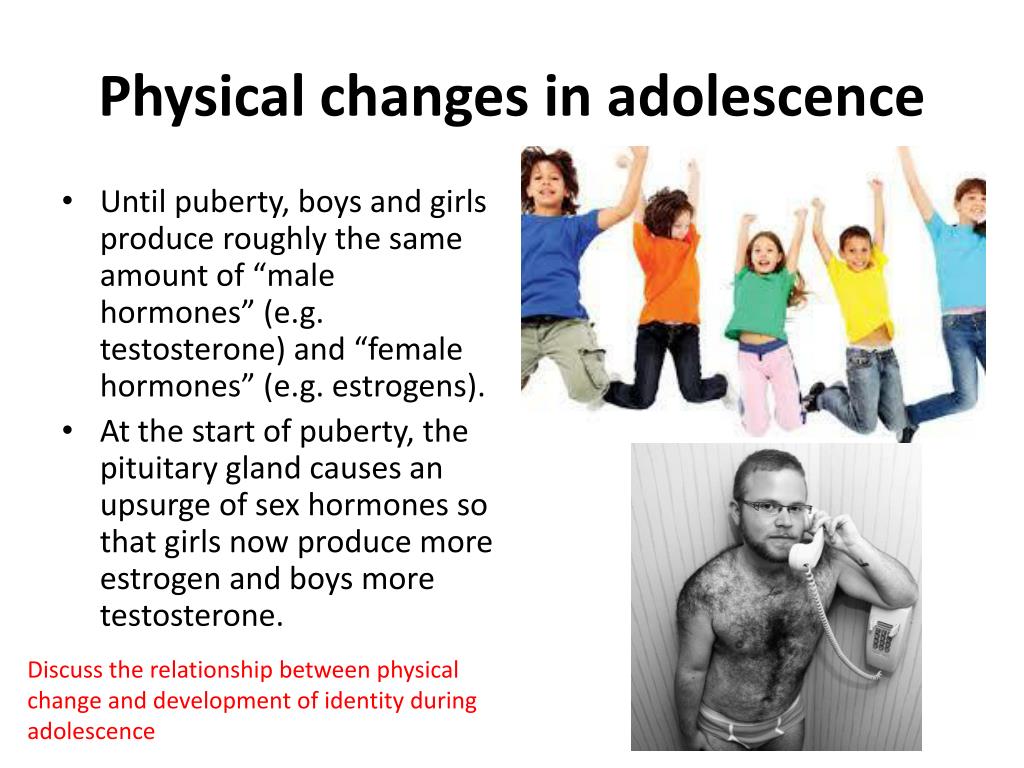
Everything happens in reality according to the same scenario. As soon as a person understands: he does not like his life, then a psychological choice appears. Either be active and change something, or go deeper into your hole and stay in the familiar, albeit monotonous world.
The psychology of the victim suggests that in any uncomfortable situation, a person has secondary benefits. For example, a man lives with his parents and complains that because of them he cannot build a normal relationship with a woman. Its secondary benefit is the ability to regulate intimacy with the opposite sex, since any date can be left under the pretext of "mom is waiting at home."
If suddenly the same man really falls in love, then he will have to change a lot in himself. A person will have to grow up dramatically and learn how to build relationships without the help of escaping from a date and increasing emotional distance. A man will have to use verbal dialogue and the ability to stay close to his beloved, even when mental stress is great.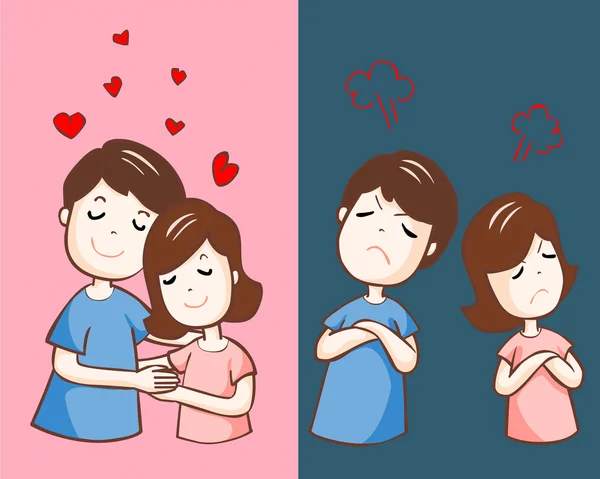 This is a very big job.
This is a very big job.
Change breeds fear
Photo: depositphotos/EdZbarzhyvetsky
Change is scary. In psychology, this is called the fear of the new. It is usually combined with anxious doubts and fear that it will only get worse. A person can also be afraid of their own success. For example, that it will become too good, and then he will find himself in a new uncharted territory, in which there will be a lot of incomprehensible.
Therefore, before you come to change, you need to work through your feelings. Take a metaphorical lens and look closely at how you feel when you think about change. It seems that there should be only positive emotions: joy, awe of the new, anticipation of pleasure, interest. But in fact, people also experience confusion, anxiety, irritation, a sense of powerlessness and misunderstanding. But do not be afraid of negative emotions.
They function as a navigator along the life path. Just as traffic lights tell us when to cross a road, and signs explain speed limits, so our senses signal us what to pay attention to and not to do something stupid.
Olga is 35 years old, she is studying to be a psychologist, although she already has a law degree. The girl says that she has long wanted to change her field of activity, since she burned out at work by the age of 30.
But Olga was also afraid of losing her wealth and authority in her profession. After all, if you start everything from the beginning, then you will have to develop a reputation from scratch.
Fear served as a reference point for the values that are important to maintain during change: financial security and recognition of oneself as a professional. Olga realized this in time, so she temporarily balances in two areas: she continues to make a legal career, gradually reducing the workload due to delegation, and in parallel develops as a psychologist. Yes, it is not easy, but new beginnings are very interesting for her.
Reality testing
Photo: depositphotos/pressmaster
My fitness trainer Louise is 45 years old. We met a year ago at the gym when she had just moved from the small town where she had lived for over 13 years. The woman says that she has long wanted to live in Moscow, but put off this moment with various excuses - small children or lack of knowledge.
We met a year ago at the gym when she had just moved from the small town where she had lived for over 13 years. The woman says that she has long wanted to live in Moscow, but put off this moment with various excuses - small children or lack of knowledge.
One day I was going to the next training, but changed my mind and posted my resume instead and was shocked by the number of job offers. This is despite the fact that I considered myself a little old for new beginnings in my field of activity. Right from the plane, I came to the first interview, and they took me, and then the choice was mine.
Louise
fitness trainer
In Louise's case, good preparation in terms of knowledge, long reflections and probing the soil - testing the hypothesis of whether it is in demand in a new place worked. All this helped to take a step into a new life carefully in relation to oneself, without overload.
This approach is worth noting.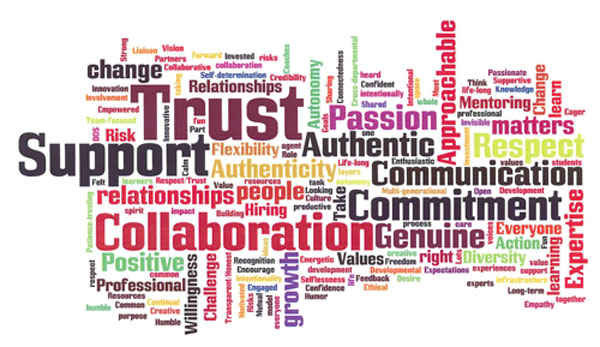 It is always better to analyze in advance what can help when planning change, and what can hinder. Then test your assumptions in practice. At the stage of preparation for changes, the intensity of emotions is lower - a person is not so scared. Therefore, difficulties are perceived easier, and it is easier to come up with several options for the development of events or find out who you can turn to for support.
It is always better to analyze in advance what can help when planning change, and what can hinder. Then test your assumptions in practice. At the stage of preparation for changes, the intensity of emotions is lower - a person is not so scared. Therefore, difficulties are perceived easier, and it is easier to come up with several options for the development of events or find out who you can turn to for support.
What causes changes
Photo: depositphotos/choreograph
The desire for development and the desire to preserve the habitual, even destructive, go hand in hand with each other. There is always a risk that a person will start a change and then face novelty, confusion and the first difficulties. It will be too much for him to solve them, and he sadly trudges back.
In order not to deviate from the right path, you need to remember from what desire the idea of change was born. It is important to keep it like a light in the wind, not to depreciate and not to forget about the ultimate goal.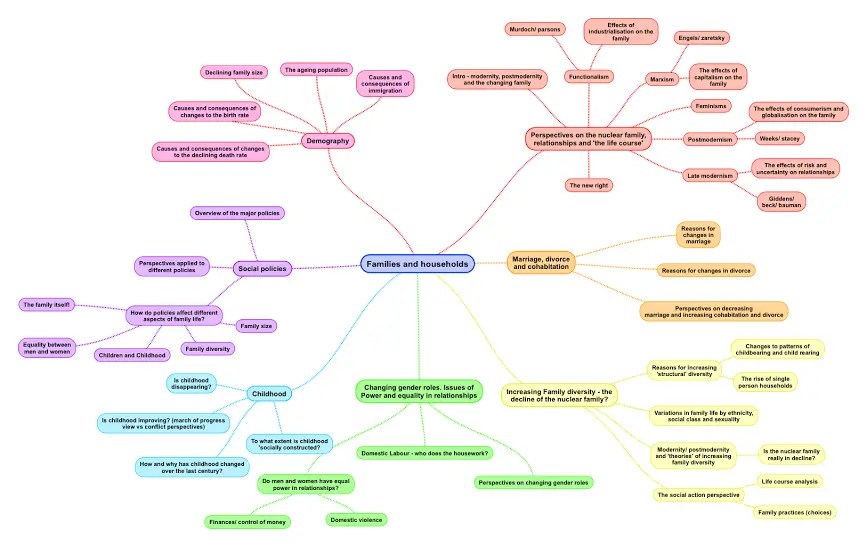 People tend to convince themselves: "It's too late to change something" or "There is a great risk of not coping with our plans." But let's hear what Louise says exactly one year after moving to the capital.
People tend to convince themselves: "It's too late to change something" or "There is a great risk of not coping with our plans." But let's hear what Louise says exactly one year after moving to the capital.
I'm happy! I have complete peace, my dream has come true. You don't have to be afraid to change things. Neither life circumstances nor age can stop you if you really want something, otherwise you will just waste your time. There would be a goal and desire, everything else is our cockroaches in the head.
Louise
fitness trainer
It looks like the woman has succeeded. This story is one of many that can serve as inspiration for deliberate change.
In summary, let's say again that any conscious change in life requires sincere desire, courage and determination to move on. In order for everything to happen smoothly and "environmentally" in relation to a person, it is important to understand one's own resources (money, knowledge, experience) and the support of others. If you devote enough time to preparing and talking with those you trust, you will feel more energy to act. Then you will be surprised to see how fears dissolve in the air, and anxieties are transformed into a plan of action.
If you devote enough time to preparing and talking with those you trust, you will feel more energy to act. Then you will be surprised to see how fears dissolve in the air, and anxieties are transformed into a plan of action.
Nine Anna
society
Changes in relationships. Road of Transfiguration
Changes in relationships. Road of TransfigurationWikiReading
Road of Transfiguration
Liber Vitaly
Contents
Changes in relationships
Accepting the naturalness of change in a relationship is very important. We may find that it is at the moment of our deepest despair and thoughts that something is lost without return that a serious transformation takes place. Such transitional periods are a sign of the flowering and maturation of true love. Passion and deification of another person are replaced by knowledge of this person, his merits and demerits. Only then does true love arise.
Only then does true love arise.
Anti-addict in relationships
Anti-addict in relationships Enter the home of the Anti-addict and you will see that it looks like a Zen temple - spartan and neat, nothing more. In one corner is a miniature library of Zen literature, in the other is a statue of Buddha sitting in a graceful deep posture
Relationship addict
Relationship addict The home of the Addict is nothing like a Zen temple. On the contrary, it is rather a tantric place - soft lighting, pillows, flowers, aromatic lamps, Indian Kama Sutra paintings. Like the Anti-addict lectures on
Change in you
Change in you Now I turn to the lightworkers. So that you do not have fear, you just need to understand something about the mechanism that is happening to you.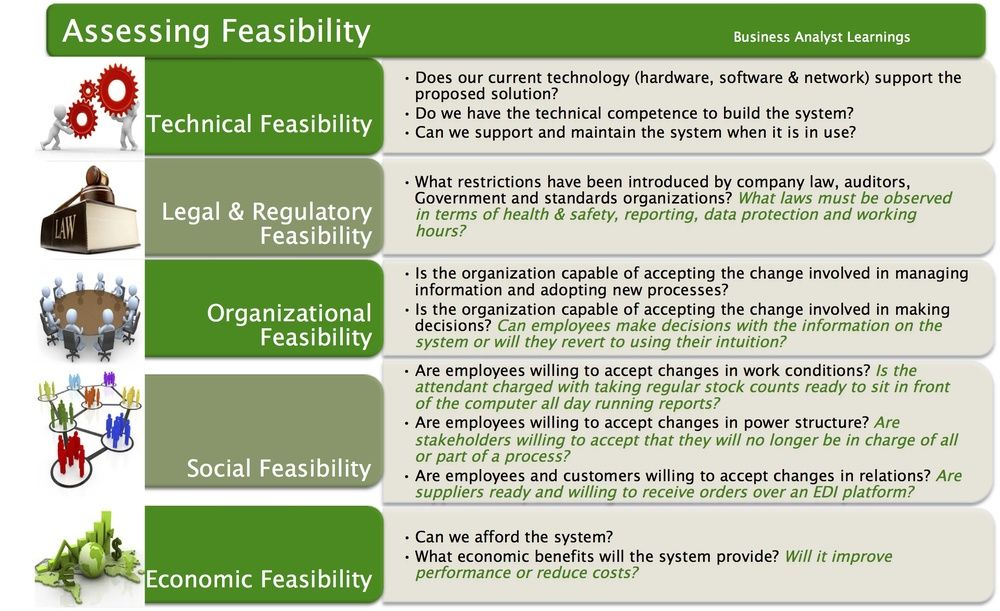 You will have a new version of "normal" well-being. And you will have to get used to the new sensations in the body.
You will have a new version of "normal" well-being. And you will have to get used to the new sensations in the body.
Chapter 2 "Yes" to Relationship Crisis
Chapter 2 Yes to relationship crisis What does a relationship crisis mean? It's when you don't get what you want. Behind every superficial problem you try to solve is the fear that your partner doesn't love, respect, or approve of your
Breath of Change
Breath of change Breath is life. — Sogyal Rinpoche. The Tibetan Book of Life and Dying Some people are only able to understand impermanence by pondering the doctrine of the First Noble Truth. For others, understanding does not come so easily or remains abstract
Changes
change A disturbing question often arises at this point in our journey towards complete powerlessness: if we are powerless, can we change something, or are we doomed to repeat the same mistakes over and over again? The answer is not so simple.